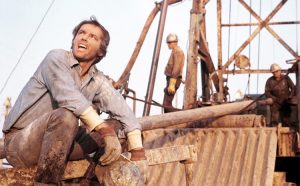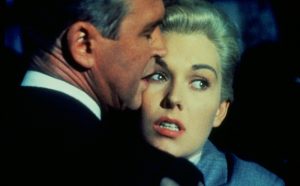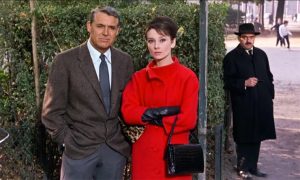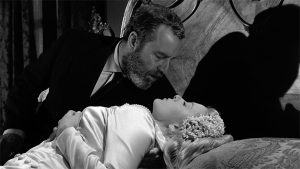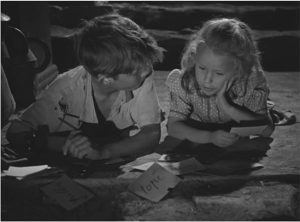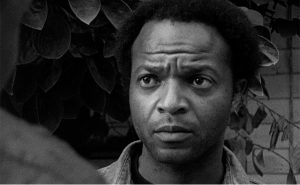 “Killer of Sheep”, Charles Burnett’s 1977 debut feature and landmark American independent masterpiece, will run at Film Forum from Friday, April 18 to Thursday, April 24, in a new 4K restoration.
“Killer of Sheep”, Charles Burnett’s 1977 debut feature and landmark American independent masterpiece, will run at Film Forum from Friday, April 18 to Thursday, April 24, in a new 4K restoration.
Stan, employed at a slaughterhouse in the neighborhood of Watts, Los Angeles, is suffering from the emotional side effects of his bloody occupation to such a degree that his entire life unhinges. He seeks out tenderness in the face of unending struggle. Focusing on everyday life in Black communities with ingenuity, heart, and meticulous detail–a manner that had rarely been seen in American cinema–Burnett (acting as director, writer, producer, cinematographer, and editor) combines lyrical elements with a starkly neorealist, documentary-like approach that unfolds with kaleidoscopic intimacy.
On a budget of less than $10,000, Burnett shot KILLER OF SHEEP in roughly a year of weekends, filmed on location with a mostly amateur cast, a gritty documentary-style cinematography and much handheld camera work. The film’s soundtrack, which Burnett envisioned as an aural history of African-American popular music, includes songs by Etta James, Paul Robeson, Little Walter, and Earth, Wind & Fire. The new 4K restoration, which has improved picture and sound, marks the first theatrical release with the Dinah Washington song “Unforgettable” recovered in the ending, as was found in Burnett’s original release of the film, since being replaced in 2007 due to copyright issues.
Largely overlooked for decades following its 1977 release, KILLER OF SHEEP is now celebrated as a pivotal work of the LA Rebellion movement and hailed as a masterpiece that brought Black American lives to the screen with an unparalleled, poignant compassion.
“I come from a working-class environment and I wanted to express what the realities were. People were trying to get jobs, and once they found jobs they were fully concerned with keeping them. And they were confronted with other problems, with serious problems at home for example, which made things much more difficult… “[The] real problems lie within the family, trying to make that work and be a human being. You don’t necessarily win battles; you survive.” – Charles Burnett
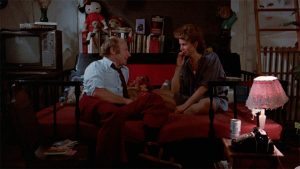 Henry Jaglom’s quietly offbeat 1983 film Can She Bake a Cherry Pie? is getting a new 4K restoration and a theatrical run at Metrograph beginning February 20.
Henry Jaglom’s quietly offbeat 1983 film Can She Bake a Cherry Pie? is getting a new 4K restoration and a theatrical run at Metrograph beginning February 20.

